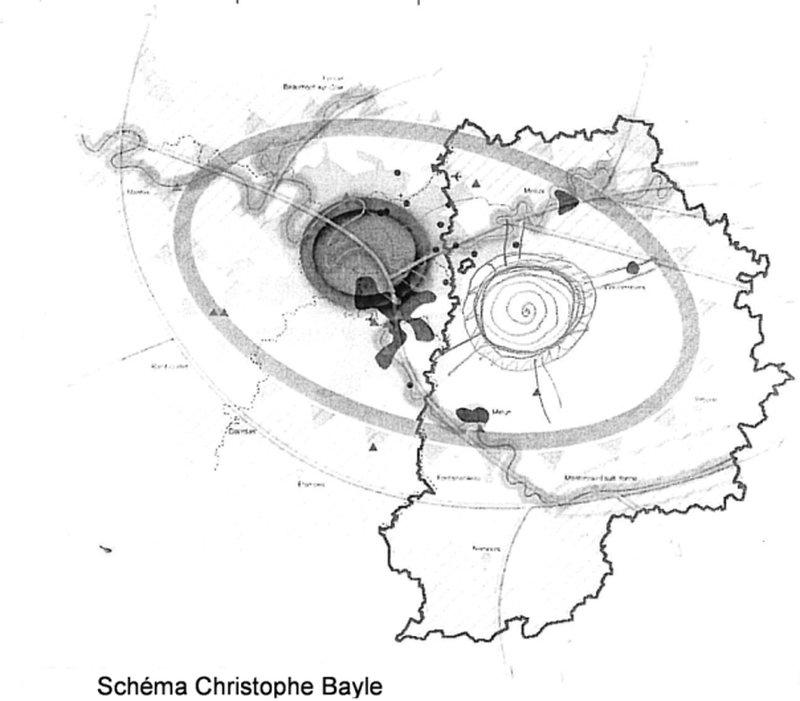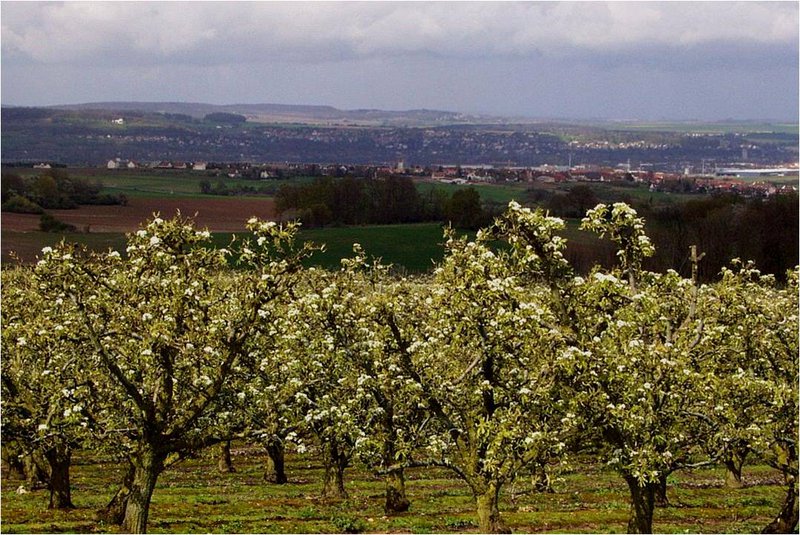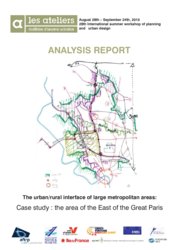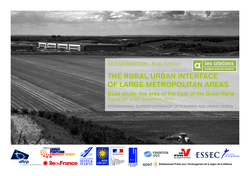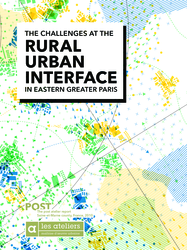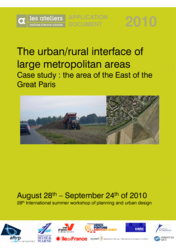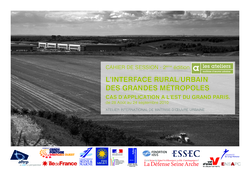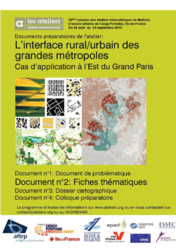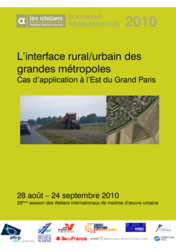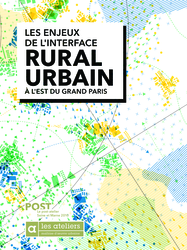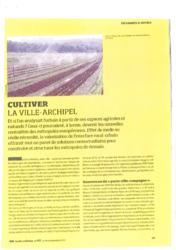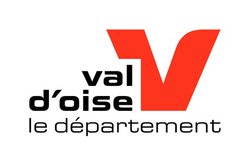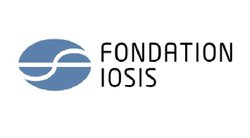The urban / rural interface of large metropolitan areas
Like other European metropolitan areas, the Paris Region (known in French as "Ile-de-France") has recently undergone developments in peri-urban areas that make conditions more difficult for farms and open spaces. Urban centres, villages, small towns and former new towns have spread out, and urbanisation, with its accompanying amenities and infrastructures has encroached on the space available and fragmented it. Large-scale farming is still highly productive in the Paris Region, but on its fringes peri-urban agriculture has been experiencing specific difficulties.
For a long time, urban planning documents have encouraged the preservation of agricultural land and a functional balance, but their vision of peri-urban spaces as "green belts" has perhaps been too unrealistic to be successfully imposed.
The city, if it wishes to maintain quality and attractiveness on its outer perimeter, cannot continue as it is doing. There seems to be a need to look more closely at the variety of agricultural and rural spaces and their economic potential, and to broaden the range of possible projects in the outer urban ring in order to deal with some of these open mainly privately owned spaces, thereby creating the basis for striking a new balance between town and country to meet the new challenges of the 21st century, namely : global warming, energy management and pressures on the food supply.
On the scale of the metropolis, these rural spaces in contact with urbanisation must be able to act as a structuring force, balanced against the force of expansion of the city, and drawing strength from their distinctive functions and characteristics. There is a need to combine productive activities with agriculture, and to manage the fringe areas in response to the constraints on regional space : traffic movement and logistics services, controlled urbanisation, leisure, biodiversity reserves and protection of natural resources, landscape maintenance, a vision for heritage assets, raising the profile of distinctive local areas (in spatial and productive terms), reinforcing metropolitan identity, etc. Some examples from abroad, particularly Switzerland and the Netherlands, point to a more prominent role for these spaces in terms of economic, political, urban planning, ecological and landscaping activity.
For the 2010 summer workshop, the Ateliers therefore propose to re-examine the role and form of rural spaces on the fringes of urban development areas, incorporating them fully into the future vision of a sustainable metropolis.
staff
Management : Christophe Bayle and Ann Carol Werquin, urbanists.
Assistant : Véronique Valenzuela


